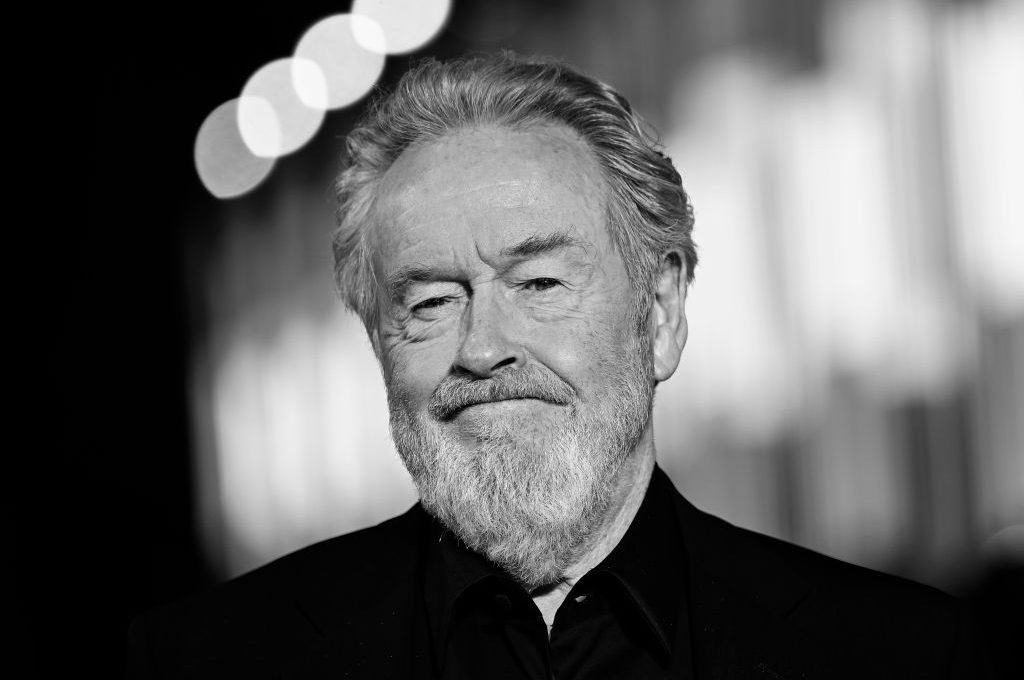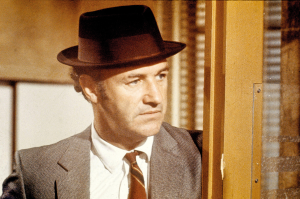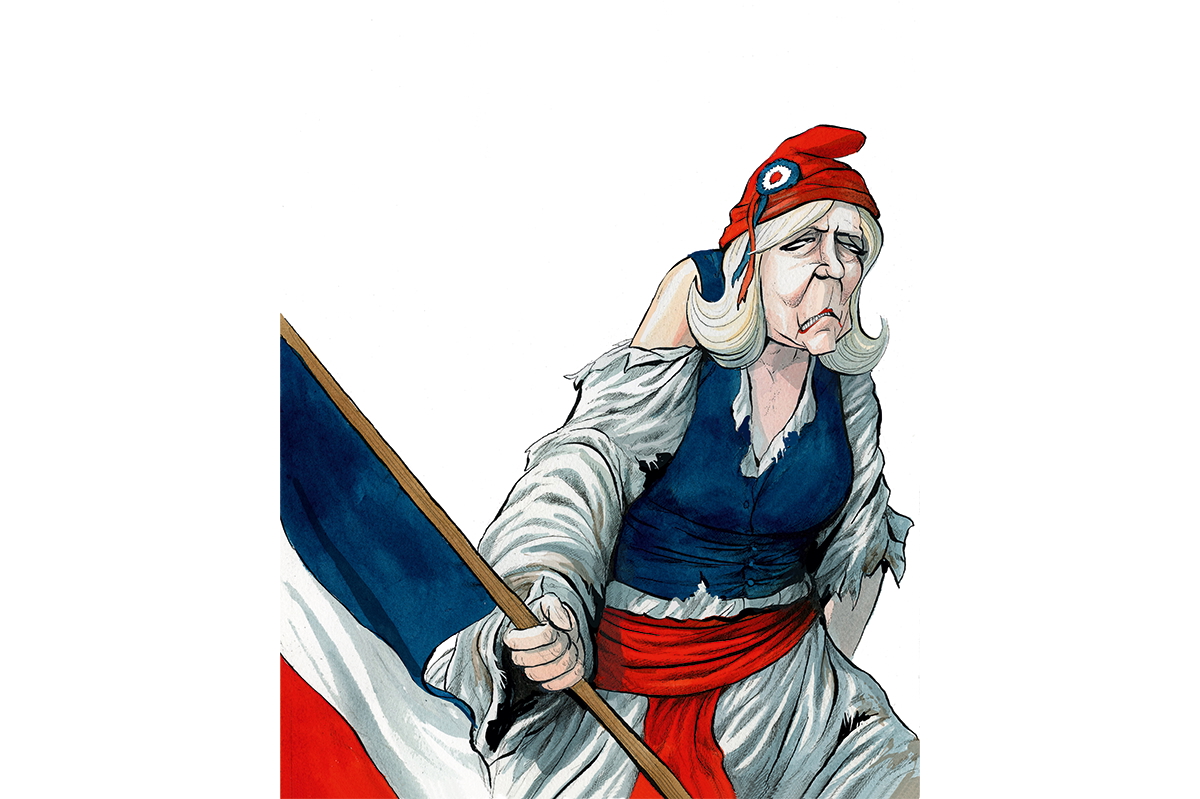Most men approaching the age of eighty-six would be forgiven for taking it easy. Not so Sir Ridley Scott: legendary filmmaker, director of the eagerly anticipated epic Napoleon and, it appears from the recent interviews he has given, someone who does not give a single solitary cuss about how he, or his film, are received.
He is fresh from telling historians who have criticized his film’s factual accuracy that they should “get a life” and that “when I have issues with [them], I ask: ‘Excuse me, mate were you there? No? Well, shut the fuck up then.’” Scott has also now responded to the French nation, who are appalled by the film’s presentation of their legendary national hero as a whining, borderline impotent narcissist whose military success owed as much to blind luck as it did to strategic talent. There has been a great deal of criticism of this portrayal, but Scott has blithely dismissed it, saying “The French don’t even like themselves.”
For those of us who believe that Scott is one of the greatest directors in the history of theater — albeit with some truly abysmal flops on his résumé, which make you wonder what on earth he thought he was doing — there is a very welcome sense over the past few years that he has segued from making very accomplished but tonally serious and often grim movies into embracing a style of late-era black comedy, and that he is relishing the opportunity to act as a provocateur with the chutzpah of someone half his age. Scott is, naturally, a very, very wealthy man whose reputation in the theater is assured: if he never made another film, he could rest easy in the knowledge that he has made a handful of peerless classics (Alien, Blade Runner, Thelma and Louise, Gladiator and the director’s cut of Kingdom of Heaven), around a dozen excellent thrillers and epics and then a couple of true oddities: God knows what possessed him to make the dismal Demi Moore military thriller G.I. Jane or the Russell Crowe romantic comedy A Good Year, but there they are.
Yet rather than slowing down over the past few years, Scott has instead ramped up his progress. Following Napoleon, we will get a sequel to Gladiator and then an as-yet untitled western. Presumably he will carry on making films until he drops dead, possibly beyond at this rate. And this, you get the impression, is exactly what keeps him going every day. Scott’s last few films, including the medieval revenge drama The Last Duel, the truly bizarre fashion biopic House of Gucci and the Alien sequel Covenant may have little in common in terms of setting or genre, but they are all united by their director’s desire to push the envelope in surprising, often unforeseen ways.
Lest we forget, this is the man who concluded Hannibal with a scene of Ray Liotta having his brains eaten while he was still alive, and the moment being played for laughs. It is surely not very far from this to Gucci’s absurdly false-nosed and accented Jared Leto complaining, of his incarcerated papa, “How can I think about my line when my father could be dropping the soap?”, or Ben Affleck’s licentious aristocrat in The Last Duel bedding wenches and spitting out lines like “Your decency will be the end of you.”
It’s tricky to see the point at which Scott decided to lighten up and start having fun, but in an odd way it might be connected to the death of his younger brother, the director Tony, by suicide in 2012. After that, Ridley made a couple of deeply grim pictures, the Cormac McCarthy adaptation The Counsellor and the flop Biblical epic Exodus: Gods and Kings. And then it was as if his brother’s absence made him decide that life was short and fleeting and so should be enjoyed to the max. Hence the new emphasis in his films on black comedy and absurdism, and the concept that Napoleon, far from being a giant amongst warriors, was a petty little man who got lucky before being cut down to size. Few would say the same of its director, a five foot-eight-inch warrior whose newfound sense of humor makes for a bracing experience (for unwary interviewers and historians) and a hilarious one (for the rest of us). Long may it continue.


























Leave a Reply